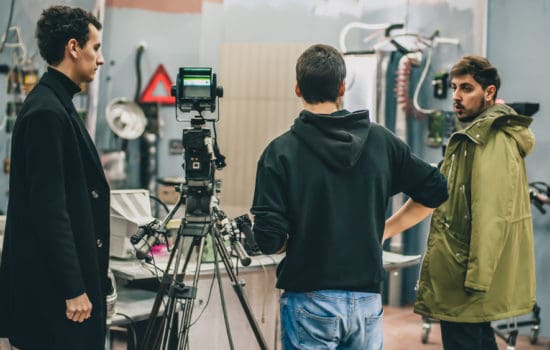Full Sail University is an online division of Full Sail University in Winter Park, Florida. The school offers a comprehensive filmmaking program, with specialized degrees in film production, digital cinematography, and screenwriting. Students are provided access to a wide array of resources, including virtual classrooms, multimedia course materials, interactive assignments, and support services like academic advising and career counseling.
What are the best online film schools?
Although “best” is something of a relative term, there are a few things to consider when deciding on which online film school is right for you. Program types, industry connections, thriving alumni, faculty proficiency, and ultimately how everything fits into your personalized goals should all be thought through when it comes to choosing the online film school for you. Let’s take a look at some of the most prominent ones…























